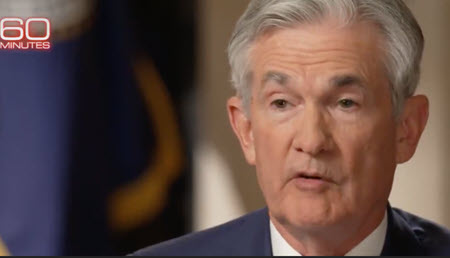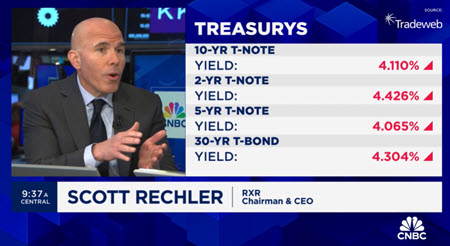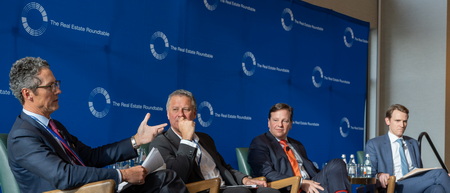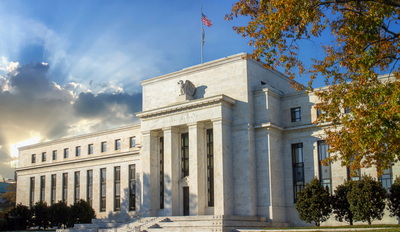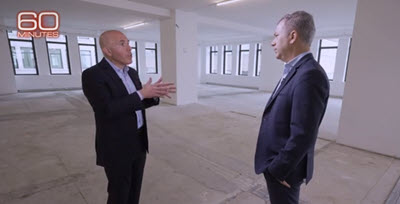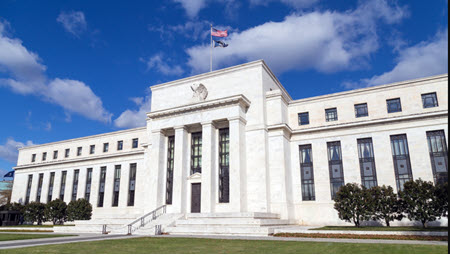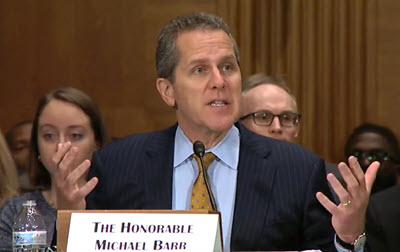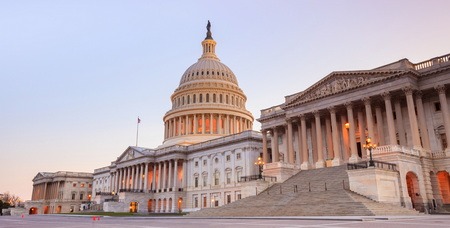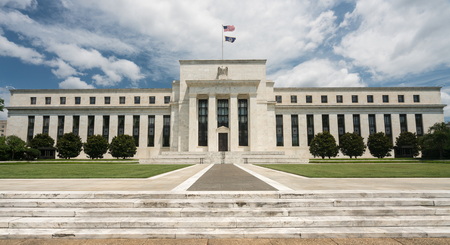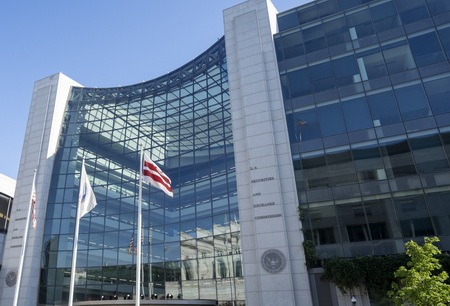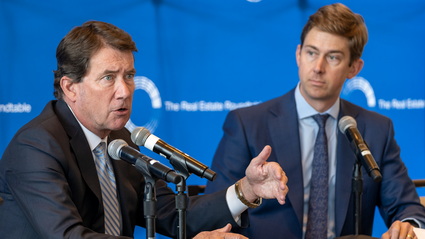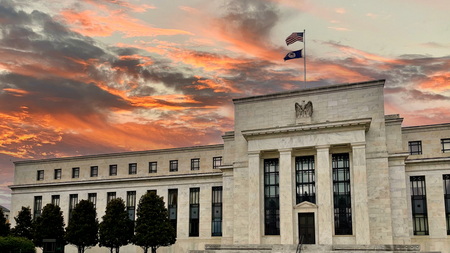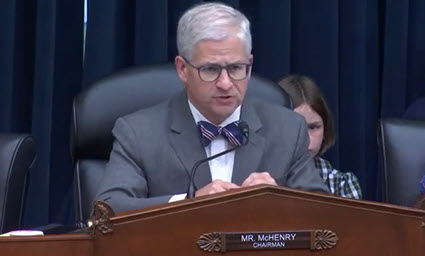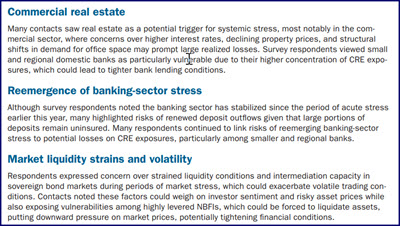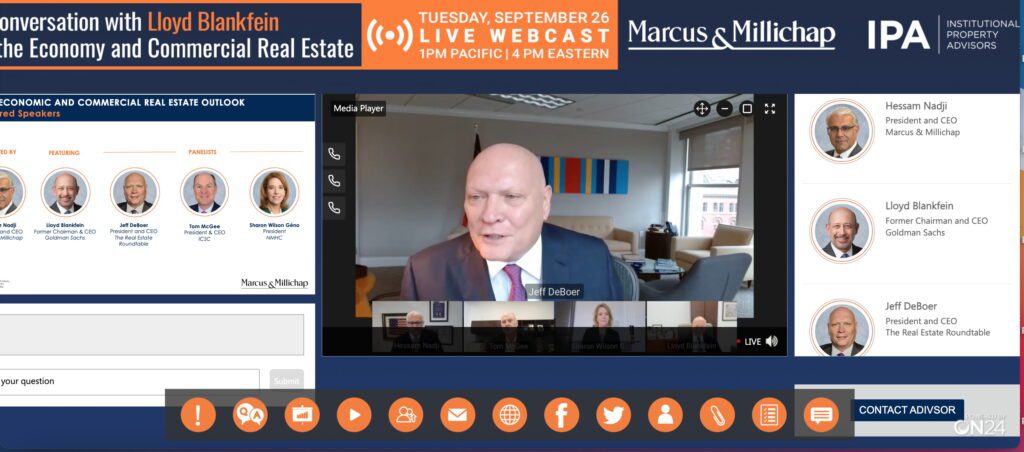Fed Chair Jerome Powell and Treasury Secretary Janet Yellen this week said that federal regulators are closely monitoring bank loan concentrations in office properties for heightened economic risk but view the CRE sector’s financial challenges as manageable. (60 Minutes’ Powell transcript, Feb. 3 and Bloomberg video of Yellen testimony, Feb. 6)
Regulators Focus on CRE
- Chair Powell told CBS’ 60 Minutes, “We looked at the larger banks’ balance sheets, and it appears to be a manageable problem. It’s a secular change in the use of downtown real estate. And the result will be losses for the owners and for the lenders, but it should be manageable.”
- Secretary Yellen also said economic pressures on office properties are “manageable” before the House Financial Services Committee on Feb. 6 and the Senate Banking, Housing and Urban Affairs Committee on Feb. 8. Her testimony included a summary of findings from the Financial Stability Oversight Council’s annual report, which noted, “Elevated interest rates, high costs, and potential structural changes in demand for CRE have heightened concerns about CRE.”
- CNBC’s Squawkbox interviewed Minneapolis Fed Pres. Neel Kashkari on Feb. 7 about the regulators’ CRE concerns. “It really is focused on the office sector. Many other segments within commercial real estate seem to be doing very well, so I think that delineation is important. And we think it’s going to be on a bank-by-bank basis where we see pressures flare up. Our bank supervisors are in very close contact with others around the country,” Kashkari said.
CRE Markets
- Roundtable Board Member Scott Rechler (Chairman and Chief Executive Officer, RXR) told CNBC’s Squawkbox on Feb. 6 that commercial real estate markets in 2023 were “a little bit paralyzed” but that “if you’re a borrower who’s willing to invest money, banks are willing to reduce their loan balances to reflect the current environment.” (CNBC, Feb. 6)
- A recent CRED iQ report found that more borrowers are modifying CRE loans. The report covers 441 loans with a total value of $13.6 billion (GlobeSt. Jan. 25)
- CNBC’s Last Call interviewed House Financial Services Committee Member French Hill (R-AR) about capital and credit pressures on CRE on Feb. 1. Rep. Hill addressed the negative impacts of interest rates, fiscal policy, and inflation on the economy and the office sector—and the problems posed by the regulatory agencies’ Basel III “Endgame” proposal.
Separately, The Federal Reserve Board recently announced that its Bank Term Funding Program will cease making new loans on March 11. The program remains available as an additional source of liquidity for eligible institutions until that date. (Fed news release, Jan. 24)
# # #
